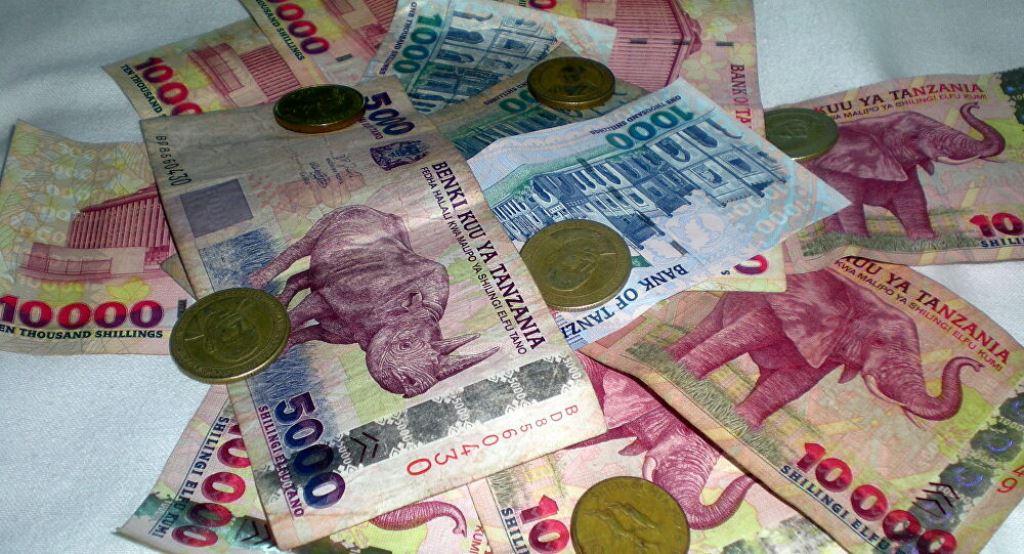AfricaPress-Tanzania: THE Bank of Tanzania (BoT) has said the shilling remained stable against the major global trading currencies throughout the period of July to December last year contributed partly by low inflation and prudent policy measures. During this period, the shilling traded against the US dollar in a narrow range of TZS 2,304.23 per US dollar and TZS 2,309.97 per US dollar, compared with a range of TZS 2,299.26 per US dollar to TZS 2,300.95 per US dollar in the corresponding period of 2019.
According to the Central Bank’s Monetary Policy Statement for the period ending February this year this is translated to a marginal annual depreciation of 0.4 per cent, compared with 0.6 per cent in the corresponding period of 2019. During the reference period, the real exchange rate also remained stable, safeguarding the export competitiveness.
The stability of the shilling was reinforced by low inflation, prudent monetary and fiscal policies, low global oil prices, and modest current account balance. The low level of inflation was attributed to decrease in the prices of non-food items, particularly petroleum products.
Non-food inflation averaged 0.8 per cent compared to 2.2 per cent. Food inflation increased to an average of 3.4 per cent from 2.6 per cent, due to rise in prices of some food items such as fish and bananas. This policy stance, coupled with prudential and regulatory measures aimed at improving credit intermediation, business environment and efficiency in financial services delivery as well as ensures macroeconomic and financial sector stability, and spurs private sector contribution to further recovery of the economy.
In addition, measures enforced by the BoT to ensure transparency and orderly market for foreign exchange contributed to the stability of the shilling. At present the value of the shilling is visible and foreign exchange controls have improved as service providers follow the procedures set by the Central Bank.
The exchange rate will continue to be market determined in accordance with economic factors determining it. The BoT will participate in the interbank foreign exchange market to ensure orderly market conditions, and for liquidity and reserve management purposes.
The BoT will therefore continue to monitor closely the developments in the market in response to domestic and external shocks, and intervene to smooth out short-term volatility in the exchange rate, while allowing adjustment to the shocks in an orderly manner.






